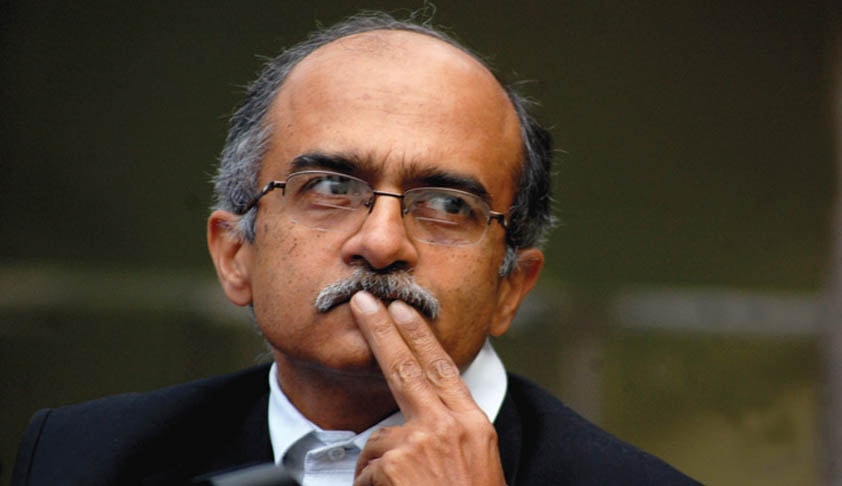Need For A Judicial Service Commission: Prashant Bhushan
LiveLaw Research Team
17 Sept 2016 5:08 PM IST

Next Story
17 Sept 2016 5:08 PM IST
At a national symposium on 'Law and Citizens', organised by Swaraj Abhiyan in New Delhi, today, advocate and social activist, Prashant Bhushan called for two full-time bodies, on the lines of the Public Service Commission, for the purpose of recruiting Judges to the Lower and Higher Judiciary. These two full-time bodies could be called Judicial Service Commissions (JSC), and entrusted with...
